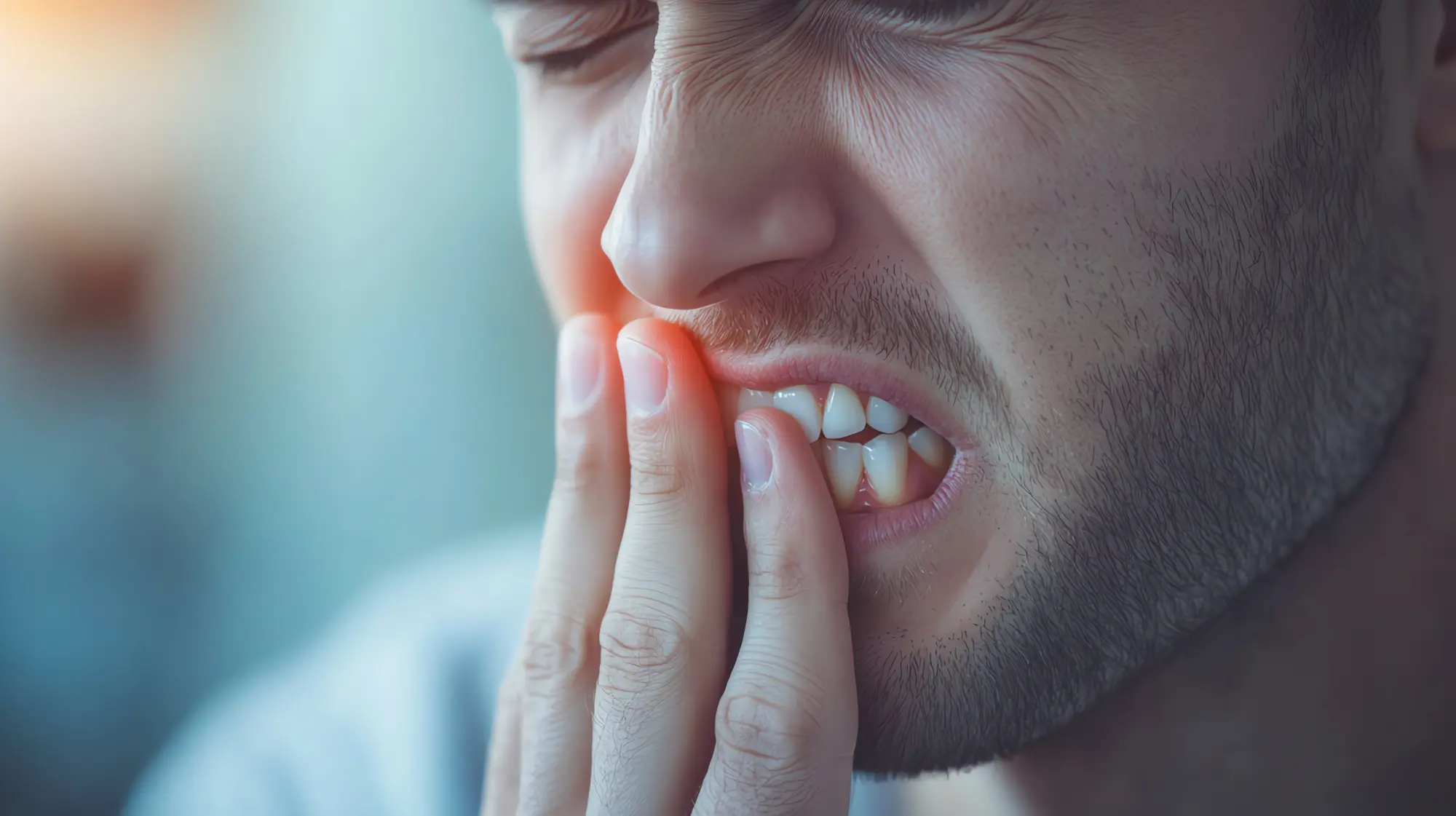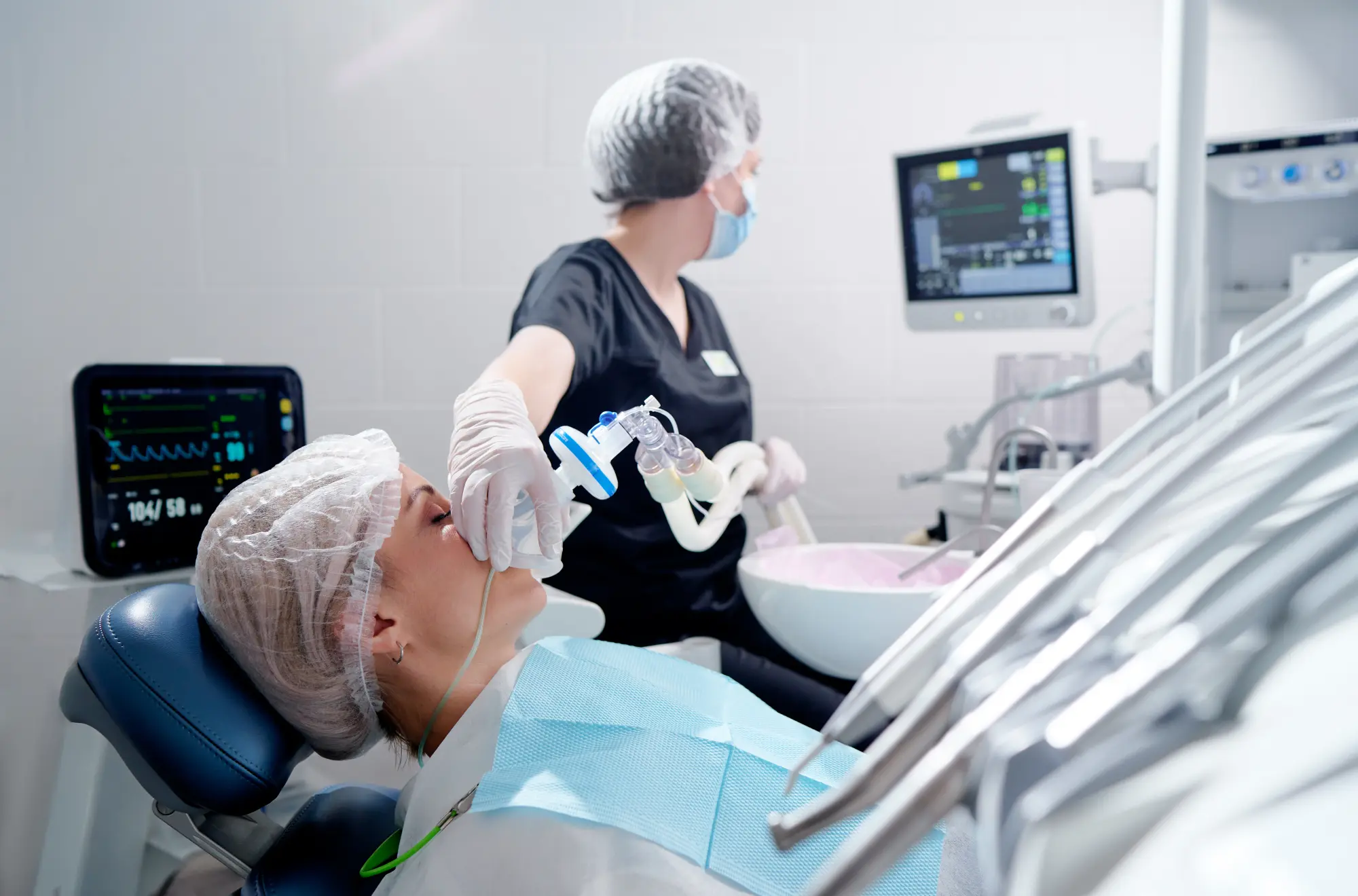
Most Common Dental Emergencies and How to Prevent Them
Dental emergencies can happen when you least expect them, causing pain, discomfort, and sometimes even panic. Whether it's a sudden toothache, a chipped tooth, or a lost filling, knowing how to handle these situations can make all the difference.
At Bittner Family Dental Group, we believe in empowering our patients with the knowledge to prevent these emergencies and manage them effectively when they occur. In this blog, we'll explore some of the most common dental emergencies and provide tips on how to prevent them, ensuring your smile stays healthy and bright.
Reducing Your Risk Of Toothaches
Toothaches are one of the most common dental emergencies, and they can arise from a variety of causes, including cavities, infections, or gum disease. The pain can range from mild to severe, and it often strikes at the most inconvenient times. To prevent toothaches, consider the following:
- Maintain a consistent oral hygiene routine, including brushing twice a day and flossing daily.
- Visit your dentist regularly for check-ups and cleanings to catch any potential issues early.
- Limit sugary and acidic foods that can contribute to tooth decay.
If you experience a toothache, rinse your mouth with warm water, gently floss to remove any trapped food, and contact your dentist as soon as possible for a professional evaluation.
Preventing Chipped or Broken Teeth
Chipped or broken teeth can occur from accidents, sports injuries, or biting down on something hard. These incidents can be both painful and distressing, but there are ways to minimize the risk:
- Wear a mouthguard during sports or physical activities to protect your teeth from impact.
- Avoid chewing on hard objects like ice, pens, or hard candies.
- Be mindful of potential hazards in your environment that could lead to falls or facial injuries.
If you chip or break a tooth, rinse your mouth with warm water, apply a cold compress to reduce swelling, and contact your dentist immediately for further guidance and treatment.
Avoiding Lost Fillings or Crowns
Lost fillings or crowns can expose your tooth to further damage and sensitivity. These dental restorations can become loose due to decay or wear and tear over time. To prevent this issue:
- Practice good oral hygiene to prevent decay around the restoration.
- Avoid using your teeth as tools to open packages or bottles.
- Regularly visit your dentist to ensure your restorations are in good condition.
If a filling or crown falls out, try to keep the area clean, avoid chewing on that side of your mouth, and schedule an appointment with your dentist promptly to have it repaired or replaced.
Lowering The Risk Of Knocked-Out Teeth
A knocked-out tooth is a dental emergency that requires immediate attention to increase the chances of saving the tooth. This situation often occurs due to accidents or sports injuries. To prevent tooth loss:
- Always wear a mouthguard during contact sports or activities with a risk of falls.
- Ensure your home is free of tripping hazards, especially in areas where falls are more likely.
If a tooth is knocked out, try to place it back in the socket without touching the root, or store it in a container of milk and contact your dentist immediately. Time is of the essence in these cases, so seek professional help as soon as possible.
Take Action for Your Dental Health in San Jose
Don't let dental emergencies catch you off guard. At Bittner Family Dental Group, we're committed to providing comprehensive care to keep your smile healthy and beautiful. If you're in San Jose and have experienced a dental emergency or want to take proactive steps to prevent them, reach out to us at (408) 247-8080 to schedule an appointment. Our experienced team is here to help you maintain optimal oral health and address any dental concerns you may have.
Recent posts

Overcoming Dental Anxiety: Sedation Dentistry Options in San Jose
This apprehension can often lead to delaying or avoiding essential dental care, which can have long-term impacts on oral health.

How Are Dental Bridges Attached?
Understanding how dental bridges are attached can help you feel more comfortable and informed about the process.

What Happens if You Let a Root Canal Go Untreated?
Root canals are often misunderstood and feared, but they play a crucial role in saving teeth and maintaining oral health.

Will an Emergency Dentist Extract a Tooth?
When you're struck with sudden and severe tooth pain, you might find yourself asking: will an emergency dentist extract a tooth? The answer isn't always straightforward

Setting Dental Goals for a Brighter Smile in the New Year
Let's explore some dental goals that can make a big difference in your oral health this year.

Benefits of Cosmetic Dentistry
In today's world where first impressions matter more than ever, having a beautiful smile can be a game changer.

How Do Invisalign Attachments Work?
A beautiful smile is an asset, and with Invisalign treatments at Bittner Family Dental Group in San Jose, achieving one has never been easier.

Should You Get Botox At The Dentist?
In the buzzing city of San Jose, Botox has taken a surprising turn from the beauty industry to the dental field.

How Long Do Veneers Last?
Smiling with confidence can make a world of difference in your life, and veneers are a popular dental solution that can help you achieve just that.

Welcome to Bittner Family Dental Group
Dr. Gerald Bittner Jr. is a seasoned dental professional, dedicated to providing exceptional dental care in a comfortable and welcoming environment.
